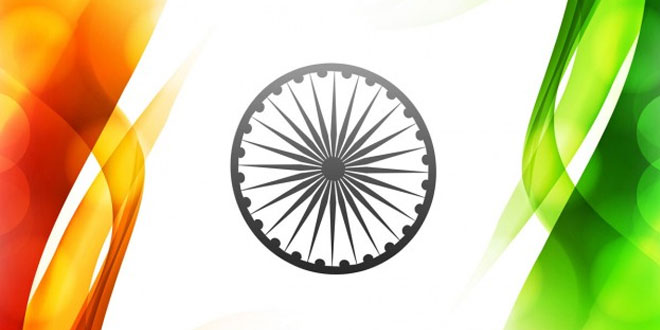Question: What problem did the villagers in Hardas village face? What did they do to solve this problem?
Answer: The villagers in Hardas village faced water problem. The hand-pump water had gone well below the point up to which the ground had been drilled. They hardly got water in the taps. The villagers gathered together in the Gram Sabha meeting to find a solution of the problem. After long discussions, they came to a conclusion that they should find ways to conserve water. Watershed development programme would be effective in this direction. They should plant trees, construct check-dams and tanks.
Question: What in your opinion, is the importance of the Gram Sabha? Do you think all members should attend Gram Sabha meetings? Why?
Answer: The Gram Sabha is the most important body of the Panchayati Raj System. It is responsible for the planning out the strategies for the development of village, implementation of the ruling provisions. It also looks after the basic amenities of village people. It is also the custodian of the public property of the village.
Education, law and order, primary health services are some of the other responsibilities of the Gram Sabha. It also checks the wrong decisions taken by the Gram Panchayat. It keeps an eye on the elected representative and in making them responsible to the persons who elected them.
It is important for all members to attend Gram Sabha meetings because it is the only way to participate in the proceedings of various plans discussed in the meetings. The members of Gram Sabha represent different areas. So, it is important for them to put their local problems and development programmes in the meetings. If they remain absent from the meetings, their interests may be overlooked.
Question: What is the link between a Gram Sabha and a Gram Panchayat?
Answer: A Gram Sabha consists of all adults living in an area covered by a Panchayat. Sarpanch, the Panchayat president, is elected by all the members of a Gram Sabha. The Gram Panchayat has a secretary who is also the secretary of Gram Sabha. The Secretary is not an elected authority but is appointed by the government. The secretary is the link between the Gram Panchayat and Gram Sabha. He is responsible for calling the meetings of Gram Sabha and Gram Panchayat He is also the custodian of the records of the proceedings. Gram Sabha controls the functioning of the Gram Panchayat.
Question: Take an example of any one task done by a Panchayat in your area / nearby rural area and find out the following :
- Why it was taken up.
- Where the money come from.
- Whether or not the work has been completed.
Answer:
- Our Panchayat recently undertook the task of building a community hall. It was necessary because there was no such common place where people could gather at a time. It was difficult to hold a general meeting, organise a general function, etc.
- The money was collected as contribution from the villagers and some part of it was also diverted from the Panchayat welfare fund.
- Yes, the work has been completed within the projected time and it is now in use.
 Class Notes NCERT Solutions for CBSE Students
Class Notes NCERT Solutions for CBSE Students


